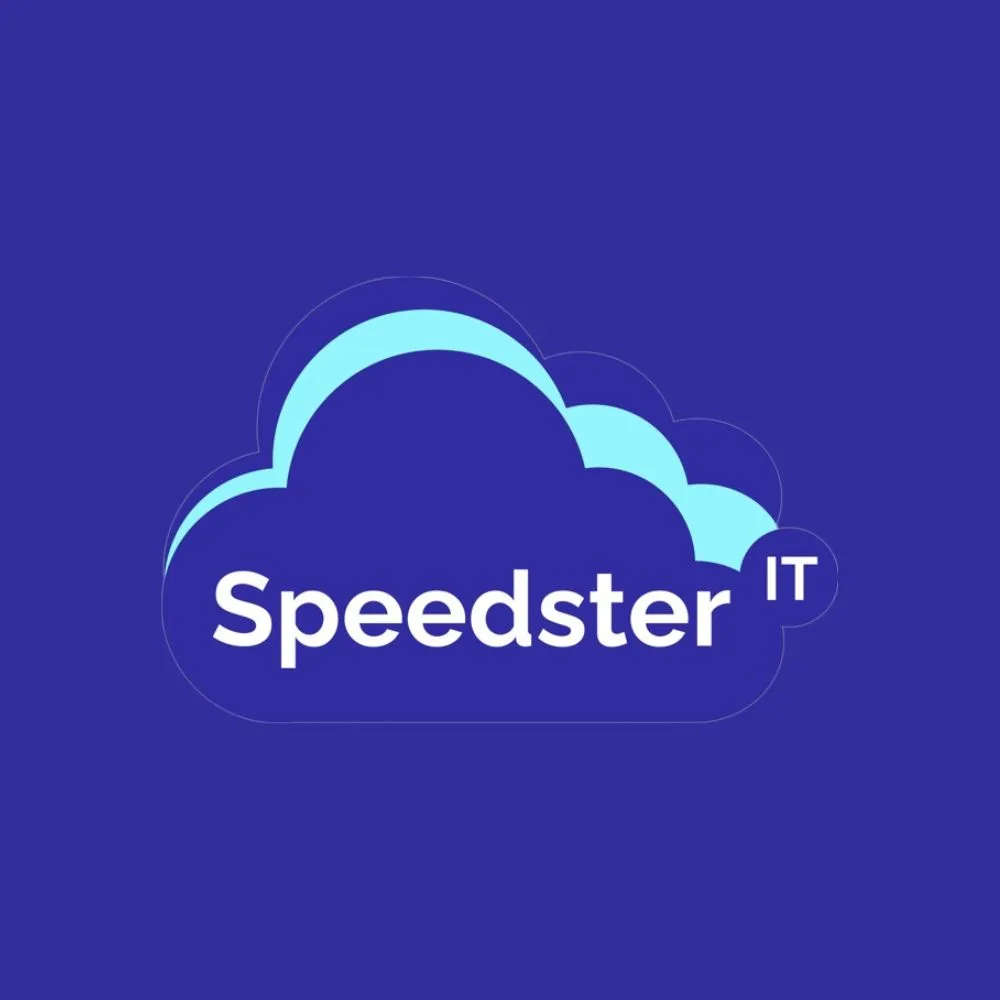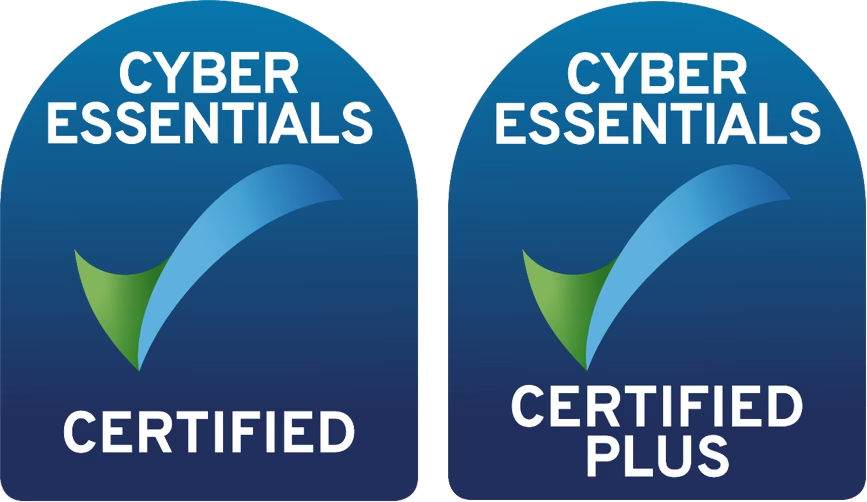Ever since 2005, there have been over 9000 public data breaches. This is over 10 billion exposed records.
According to an IBM StudyMore Than Half of Organizations with Cybersecurity Incident Response Plans Fail to Test Them While you cant control what third parties do with your business information, there are certainly ways to safeguard your data in case of a breach, like hiring an IT support London security expert, implementing MFA for business and being extra vigilant.
For example, you can use different passwords on various platforms to prevent cybercriminals from guessing your password across them. You can also use Multi Factor Authentication (MFA) to further upgrade your IT Security Services.
Read on to find out the answer to this question and why it’s vital for businesses now and in the future.

What Is MFA?
What does "MFA" stand for in computers? "MFA" is the acronym for "multi-factor authentication." Authentication factors are things someone can use to demonstrate they're the genuine user and not someone trying to maliciously use their information.
There are 5 types of MFA
Human Knowledge
When you log into your email, you're using the knowledge authentication factor. This is because you need to enter your username and password (or PIN). This means you're only using one factor to access your account.
In your Possession
This verification factor is dependent on something that you might have on your person. This can be something like a safety token.
Personal Heritage
Heritage authentication factors are usually based on biometrics. This means you'll have to provide something like your voice, fingerprints, or even retinal scan.
Your Exact Location
This one's a little more complicated, as the system looks up your IP address. Your geolocation can be extrapolated from that and matched with a whitelist. If it doesn't match, then you aren't granted access.
Secure Time
Sometimes, you may be asked to enter your credentials in a set amount of time. For example, when you're sent a PIN code, you only have 10 minutes to use it or else it expires.
MFA means that you use more than one method on the above list to gain access to accounts. So for instance, to log into a portal, you might need the knowledge, heritage, and time authentication factors to be successful.

MFA vs 2FA (Two-Factor Authentication)
You may have heard of the term 2FA (or two-factor authentication) before. While these two terms are very similar, there are subtle differences to them.
2FA is a type of MFA which you're probably familiar with. A great example is when you type in your email password and then it prompts you to enter a code that's sent to your phone.
As you can see, this only requires two factors to give you access to your account. MFA requires at least two, so it can also be 2FA at times.

Why Is MFA Important and Why use MFA?
Now you know what MFA is. But exactly why is it important?
It's incredibly successful in blocking hacking attempts. In fact, it blocks out 99.9% of account hacks. Considering hackers often use brute force attacks to gain access to accounts, this is extremely important.
Also, much of today's work is done on the cloud, which means stakeholders don't necessarily have to be in the same physical space as one another. MFA ensures that those who claim to be someone really are that person. This helps IT support services block out bad actors.
So as you can see, multi-factor authentication benefits not just you and your employees, but also your clients. Not only do they inspire more confidence from consumers and employees alike, but MFA also enables you to get a leg up on your competition.
Multi-Factor Authentication Solutions
What's great is that MFA is catching on in the tech industry. This means that many software suites have MFA in them to ensure security for their users.
For instance, you'll find multi-factor authentication in Microsoft software. More specifically, you can set up multi-factor authentication in Office 365 through Azure MFA (Azure Active Directory, or AD).
Here are some pieces of software you should consider when it comes to multi-factor authentication solutions:
- Google Authenticator
- LastPass
- OneLogin
- ESET Secure Authentication
- Authy 2FA
- AuthPoint MFA
- Duo MFA (Duo Security)
- Symantec VIP Access Monitor
- RSA SecurID Access
- Ping Identity
- SecureAuth Identity Platform
- Microsoft Authenticator
- Azur MFA
With this list, you'll reap the benefits of multi-factor authentication for Office 365 and beyond, especially if you combine it with the Azure MFA. What's also fantastic about this list of MFA solutions is many offer free trials, so you'll be able to test them out and see if they're right for your company or not.

Hire an IT Support Specialist to Help With Security
If you are not sure how to implement MFA for your workspace, not to worry we are here to help!
Not only can we help you set up MFA, but also firewalls and secure WiFi. Everything you need to keep cybercriminals out and ensure you're business is compliant with ever-changing data laws.
Protect Your Business Data by Using MFA
We also hope that you now understand the importance of MFA security and will upgrade both your personal and business accounts promptly.
By taking a few extra steps to safeguard your data, it'll pay off in the long run when cybercriminals are blocked from accessing your credentials and other important information. So make sure you turn on MFA for all things possible to maximise your digital security.
Would you like to get additional cybersecurity assistance for your business? Then get in touch with us now.
Contact us to Schedule your Free Consultation!
With over 15 years at Speedster IT, I’ve built a career around helping businesses navigate the evolving world of technology. I publish all the content for the IT Support London Blog and Cyber Security Blog, where I share practical insights on infrastructure upgrades, cybersecurity trends, and smart IT strategies for growing companies.
